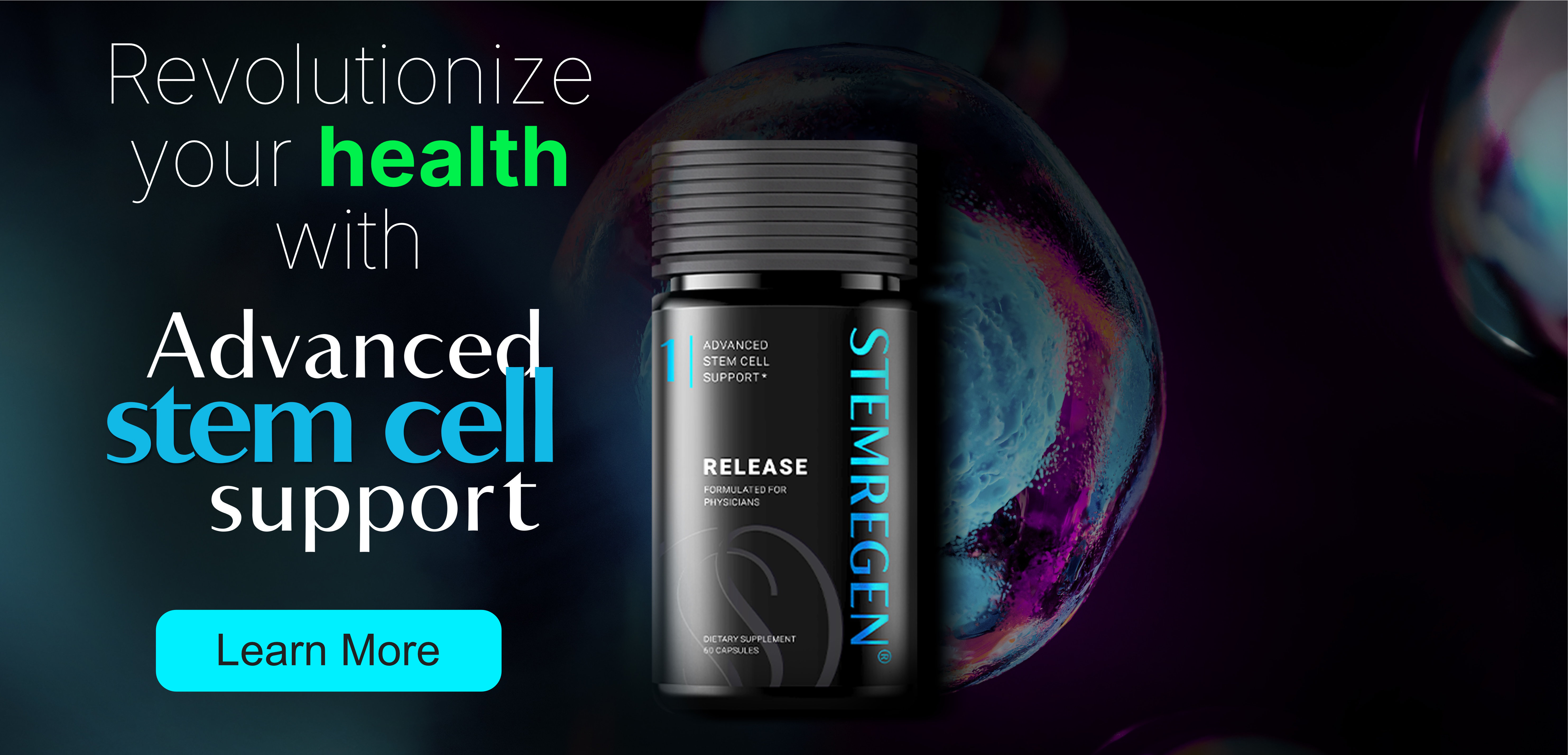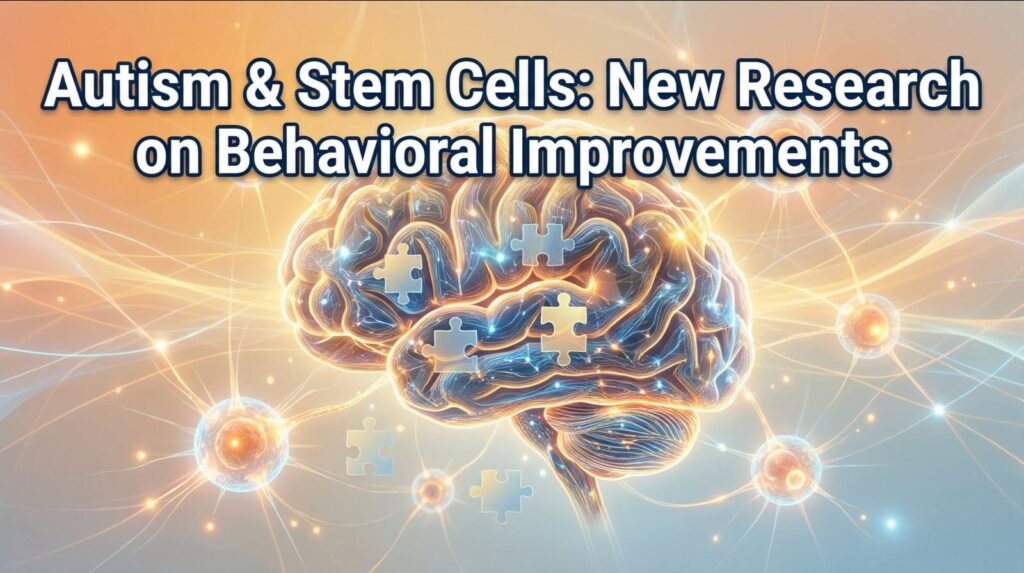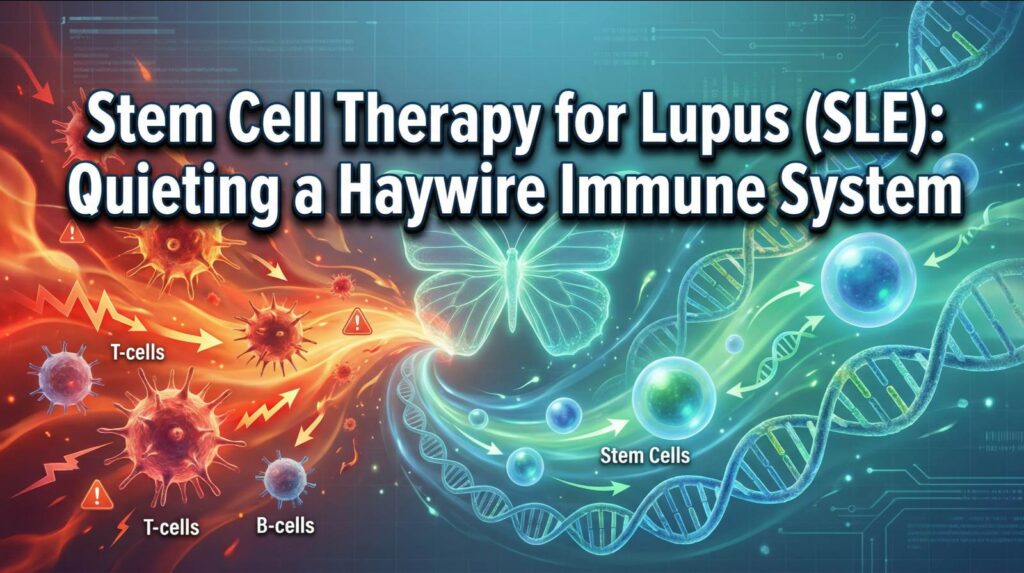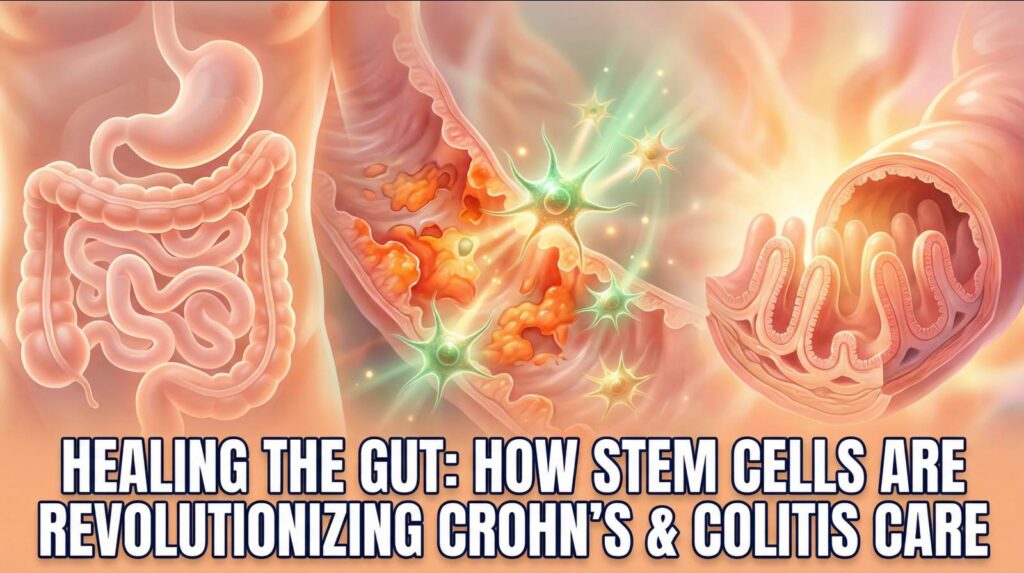What is allogeneic stem cell transplant?
This is a question that many people are asking these days. Allogeneic stem cell transplant is a treatment option for cancer patients. It involves the infusion of healthy stem cells into the patient’s body in order to fight cancer. In this article, we will discuss all aspects of allogeneic stem cell transplant, including what it is, how it works, and who is eligible for treatment.
Allogeneic stem cell transplant is a type of cancer treatment that uses healthy donor cells to help the patient fight their disease. The allogeneic stem cells are infused into the patient’s body, where they will begin to produce new blood cells. This treatment option is most often used for patients with leukemia or lymphoma. Allogeneic stem cell transplant can also be used to treat other types of cancer, such as breast cancer, ovarian cancer, and brain tumors.
Compatible Stem Cells Donor
The allogeneic stem cell transplant process begins with the identification of a compatible donor. The donor must be a close match for the patient in order to reduce the risk of rejection. Once a compatible donor has been found, they will undergo a series of tests to ensure that they are healthy and able to donate.
Allogenic Stem Cell Transplant Process Time Frame
Once the allogeneic stem cell transplant process has begun, the patient will be hospitalized and monitored closely. The allogeneic stem cells will be infused into the patient’s body through an IV. The allogeneic stem cells will travel to the bone marrow, where they will begin to produce new blood cells. The allogeneic stem cell transplant process takes about two weeks.
After the allogeneic stem cell transplant process is complete, the patient will be closely monitored for signs of rejection or infection. The allogeneic stem cells can stay in the patient’s body for several months or even years. In some cases, patients may need to undergo a second allogeneic stem cell transplant.
Allogeneic stem cell transplant is a potentially life-saving treatment option for cancer patients. If you or someone you know has been diagnosed with cancer, be sure to ask your doctor about allogeneic stem cell transplant. It could be the treatment option that saves your life.
What are the risks of allogeneic stem cell transplant?
The allogeneic stem cells can stay in the patient’s body for several months or even years. In some cases, patients may need to undergo a second allogeneic stem cell transplant. There is also a risk of rejection or infection.
What are the benefits of allogeneic stem cell transplant?
The allogeneic stem cells can help the patient fight their disease. In some cases, it can be a life-saving treatment option.
Who is eligible for allogeneic stem cell transplant?
Allogeneic stem cell transplant can be used to treat patients with leukemia or lymphoma. It can also be used to treat other types of cancer, such as breast cancer, ovarian cancer, and brain tumors. The allogeneic stem cells must be a close match for the patient in order to reduce the risk of rejection.
What are the side effects of allogeneic stem cell transplant?
The side effects of allogeneic stem cell transplant can include fever, chills, fatigue, nausea, and vomiting. There is also a risk of infection. Patients may also experience hair loss and low blood counts. These side effects are usually temporary and will go away when the allogeneic stem cells are no longer in the patient’s body.
Here’s a helpful video from Memorial Sloan Kettering Cancer Center on what to expect during your inpatient allogeneic stem cell transplant.
*** All content on NationalStemCellTherapy.com is for informational purposes only. All medical questions and concerns should always be consulted with your licensed healthcare provider.



